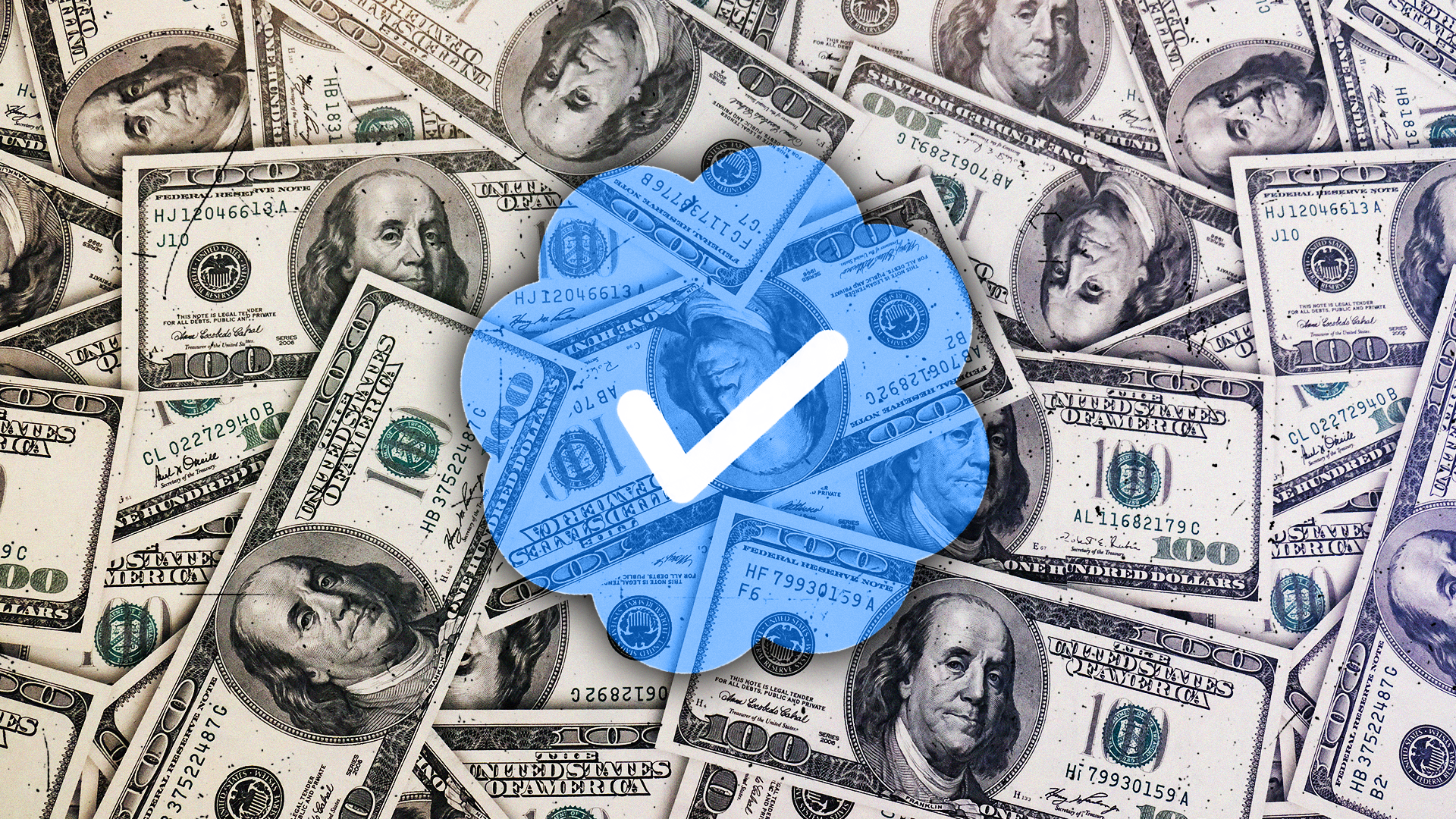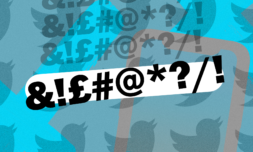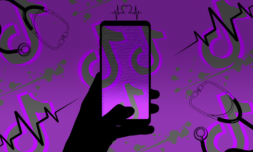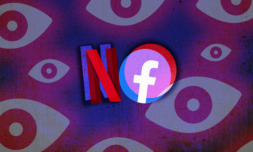New Twitter boss Elon Musk is planning to charge $240-per-year for blue tick status. Could shifting away from simple verification and toward an open premium service lead to fundamental flaws in the platform? We reckon so.
Elon Musk’s hard-fought campaign to get his hands on Twitter was always superseded by a desire to make the platform more democratic, but his early moves point to a lack of critical thought.
The world’s richest man strolled into Twitter HQ last week in typically jovial fashion. Holding a kitchen basin, he posted a video with the annotation: ‘Let that sink in.’ He later Tweeted that the ‘bird is freed,’ inferring that big changes are on the way.
For starters, the Tesla chief rapidly laid off several top executives and followed up with an announcement that blue tick verification is to be completely overhauled.
He described the current system for allocating accounts with this status as ‘bullshit,’ but the majority of Twitter users are no happier with his suggestion to improve it.
Entering Twitter HQ – let that sink in! pic.twitter.com/D68z4K2wq7
— Elon Musk (@elonmusk) October 26, 2022
How blue tick verification could change
If you haven’t seen the man’s slew of sarcastic Tweets this week, Musk is proposing to charge for blue trick verification, stating that accounts with those little blue check-marks will have them taken away if they fail to pay around $8 USD a month.
Musk has suggested that the premium subscription service will be open to literally anyone who wants to pay $240 USD per year. ‘We need to pay the bills somehow,’ he says.
‘Twitter’s current lords & peasants system for who has or doesn’t have a blue check-mark is bullshit. Power to the people! Blue for $8/month,’ he Tweeted on Monday.
After pausing and thinking for a moment, the general reaction was one that any sane person would expect – a poll posted by Musk associate Jason Calacanis had an 80% response for the option ‘wouldn’t pay.’ Practically speaking, the idea is filled with holes that Musk seems unwilling to see.
Instead, he has adopted a belligerent stance where genuine concerns are shut down with juvenile memes. It’s a worrying start to Twitter under this new ownership and people are rightly questioning Musk’s credentials.
Twitter’s current lords & peasants system for who has or doesn’t have a blue checkmark is bullshit.
Power to the people! Blue for $8/month.
— Elon Musk (@elonmusk) November 1, 2022




















